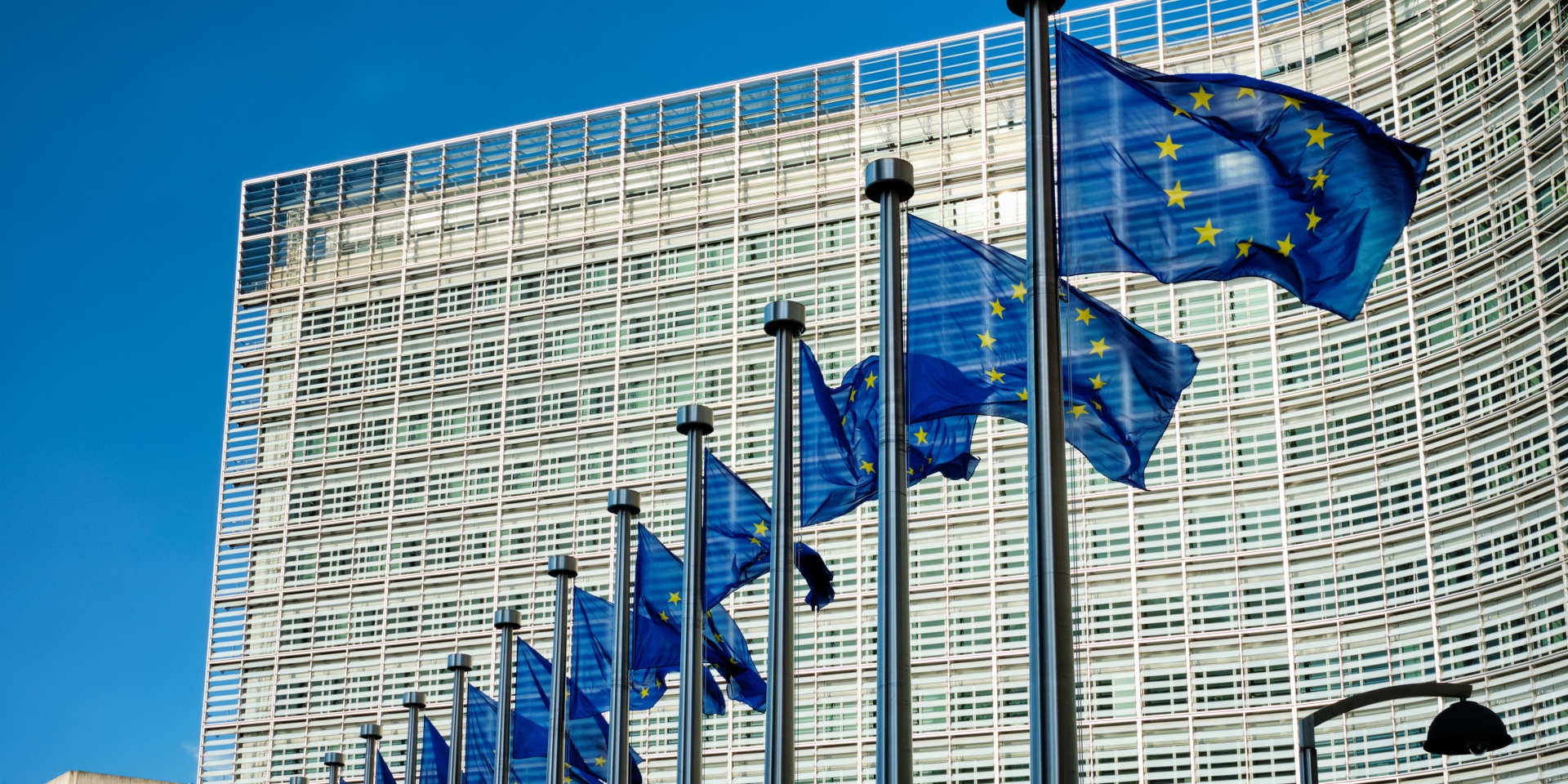
The European Union Data Governance Act
The European Union Data Governance Act
The DGA intends to promote and increase EU online data exchange through regulations on data protection and its different methods

Last 6th April 2022, the European Parliament adopted the Data Governance Act or DGA, after multiple negotiations by the three parties involved from the European Union legislators.
The DGA intends to promote and increase online data exchange throughout the European Union, through regulations on data protection and different methods such as data anonymization, data pooling and making data recycling available for the public sector as well as helping companies develop new projects and services, included those based on Artificial Intelligence.
However, the DGA is the first legislative proposal adopted in the framework of the Data Strategy of the European Union and its main goals are:
- Making data exchange and their joint processing available through different means, such as agreements legally binding for data recycling, as well as technical solutions, such as data pooling.
- Allowing the recycling of collected data in some domains of the public sector and creating spaces for common European data.
- Regulate the services of data intermediation to support and promote the data exchange practices between companies and the context of legal obligation compliance.
- Promote and regulate data altruism, making individuals and organizations share their data for the society's benefit, for example, on the base of consent or the permissions.
The DGA will start being enforced 20 days after being published in the Official Diary of the European Union and will be applicable 15 months later
Likewise, specific dispositions to saveguard ilegal non-personal data transfer to a third country outside the EU are included, for example, the obligation of notifying and asking for permission for international data transfers. The DGA also includes requirements for establishing effective contractual agreements to protect non-personal confidential data or data protected by rights of intellectual property when they are transferred to third countries. The European Comission may adopt model contractual clauses for non-personal data trasfer to third countries.
That way, the DGA has as main goal to generate trust in data exchange, making it easy and safe. There is no doubt that macrodata play an essential role for the economy given that they constantly generate business opportunities. That's why they are a key piece for digital transformation in the European Union.
Now it is the Council's turn to formally adopt the DGA. The council already issued an informative regulation on 11th April 2022, where it cleared out that the text of the DGA must be approved by the council just as it was by the European Parliament, without any more modifications by virtue of the agreement signed by the representatived of the Council on 15th December 2021. You may check the full press note here.
However we still have some time left to be able to see and assess the effects of the DGA, on the European Union's economy and on its digital transformation. The DGA will go in force 20 days after being published in the Official Diary of the European Union and will be applicable 15 months later. In the meantime, you may chech the text of the DGA adopted by the European Parliament here.





